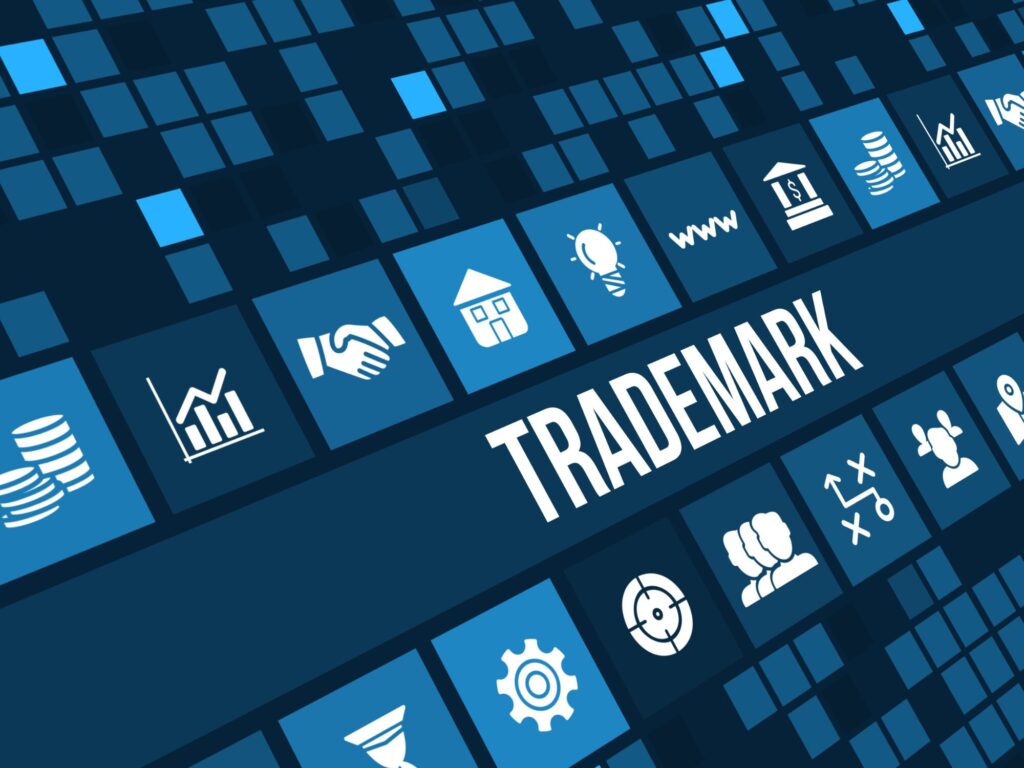Common Types of Digital Assets
Digital assets are items of value created and stored online, encompassing a complex legal environment involving regulatory, transactional, and policy considerations. The popular types of digital assets include:
Cryptocurrencies
Cryptocurrencies, such as Bitcoin (BTC) and Ethereum (ETH), are decentralized currencies used within the blockchain to buy, sell, and exchange data and contractual rights directly with others. Each transaction is added to a public ledger visible to all cryptocurrency holders, creating a real-time record. They are also given unique encryption codes in the form of a 256-bit hexadecimal number containing all the transaction data. This balance of visibility and security makes it challenging to counterfeit, hack, or reverse transactions.
To date, over 19,000 types of cryptocurrencies are in use, with Bitcoin being the most popular. Bitcoin was first “mined” in 2009 as the first cryptocurrency. Today, there are 21 million bitcoins in supply with 19 million in circulation. There are tens of thousands of different cryptocurrencies modeled on Bitcoin or derived from Bitcoin, with new coins or tokens launched daily. Understanding how cryptocurrencies can affect your business is crucial for leveraging their benefits and avoiding associated risks.
Non-Fungible Tokens (NFTs) and Other Tokenized Assets
Non-fungible tokens (NFTs) are digital assets used within the blockchain, often representing valuable items such as collectibles, art, video game items, pictures, music, media, utility tokens, and more. Tokenizing assets creates greater market efficiency, allowing seamless interaction between buyers and sellers. It also streamlines investing activities, automates ownership transfers, and enhances identity security.
NFTs and other digital assets are created with specific identification codes, derived from stored metadata and encrypted within the blockchain through a process known as minting. These unique codes offer up to total ownership and distinguish NFTs from other similar tokens. The non-fungible qualities of NFTs mean that each item has a unique value and cannot be directly replaced by another similar token or NFT.
NFTs are generally bought and sold using cryptocurrency. As NFTs become more prevalent, understanding the various compliance regulations, restrictions, and legal obligations is more important than ever to operate safely.
Central Bank Digital Currencies
Recognizing the importance of evolving with the digital world, central banks worldwide are creating and issuing central bank digital currencies (CBDCs). The value of CBDCs relies on the country’s fiat currency. These offerings aim to reduce the volatile risks of digital currencies while increasing privacy, accessibility, and financial security. CBDCs seek to compete directly with various types of stablecoins, backed by the full faith and credit of the issuing country.




























